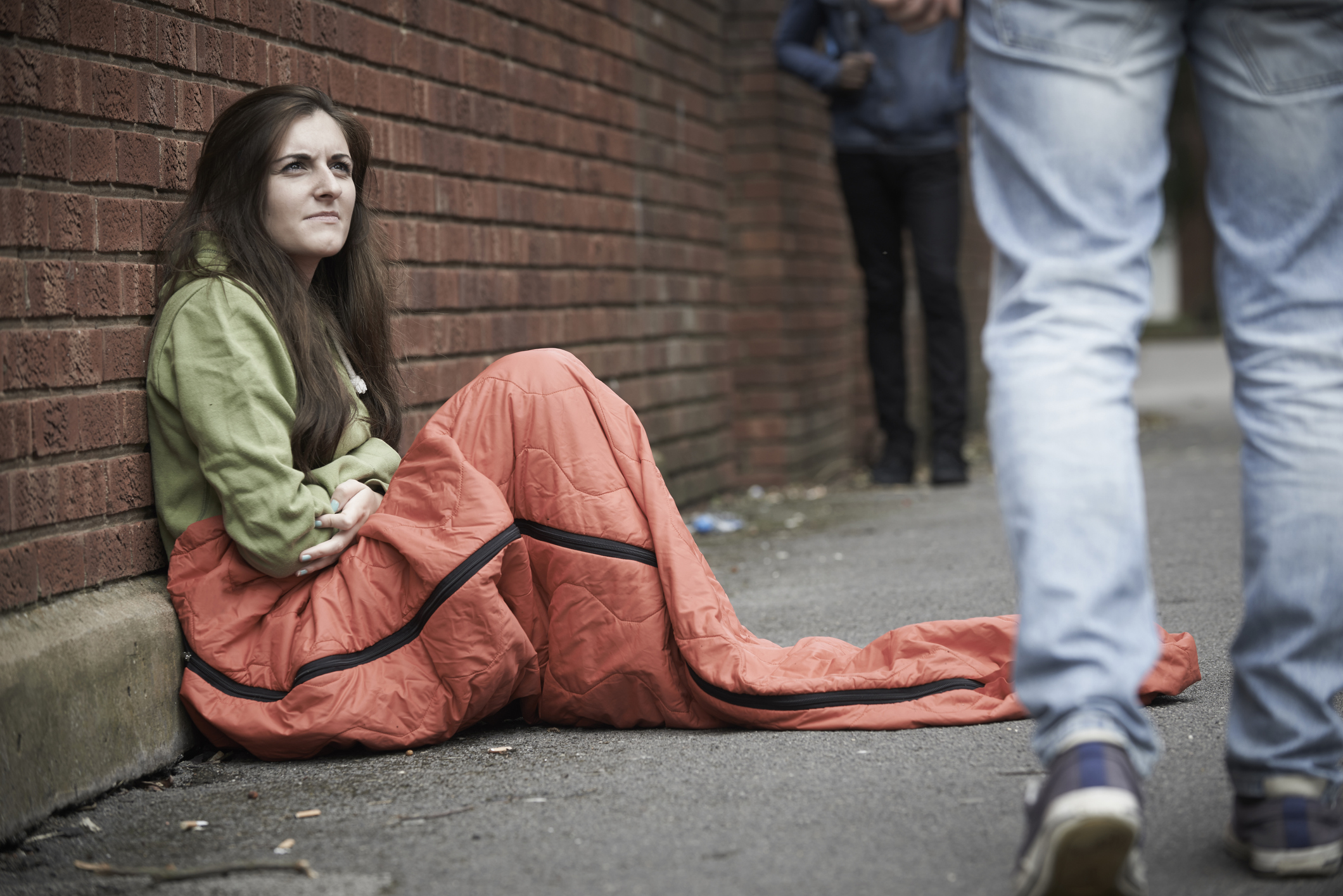
Housing project built to shelter homeless and at-risk women
By Tania Arora, Staff Reporter
The City of New Westminster has officially begun the work on the modular housing project at 838 Ewen Avenue. The site is now owned by the city and located near the Queensborough Community Centre. As a part of the 2017 Budget update, the provincial government is investing $291 million towards construction of 2,000 modular housing units for homeless people and $170 million to provide staffing and support services 24/7.
The province has seen a drastic rise in homelessness in the past years. The city recently acquired the land ownership of the Ewen Avenue site and leased it to BC Housing, who will be responsible for the development costs and supply the operating costs.
According to the City of New Westminster, this modular housing project “will provide safe and affordable housing for women over the age of 19 with low-income who have experienced homelessness or are at risk of homelessness, and who would benefit from having additional support to maintain housing.”
The Elizabeth Fry Society, an experienced non-profit with branches across Canada, has been assigned to manage and operate the project. They will be responsible for ensuring the safety and maintenance of grounds and will hold a tenant selection process to ensure the candidates are eligible and suitable for the supportive housing.
The City of New Westminster reported, “Approximately one-third of the people in New Westminster who are homeless are women.”
The project broke ground on July 30. It will take approximately two weeks to finish up the installation of underground utilities. From July 30 to August 9, the Queensborough off-leash dog area was closed to allow for the construction. The foundation of the housing shall begin once the underground installations are near completion. The development of the site, approved in June 2018, is expected to be completed by December 2019 or January 2020.
Modular houses—which are built off-site, often in factories, and then transported to site for assembly into the foundation—are typically faster and cheaper to build than traditional construction. According to the City, the Ewen Avenue development will contain 44 units of supportive housing, including six accessible units. Each unit will have its own kitchen and bathroom, with shared amenities such as laundry facilities and program spaces.
